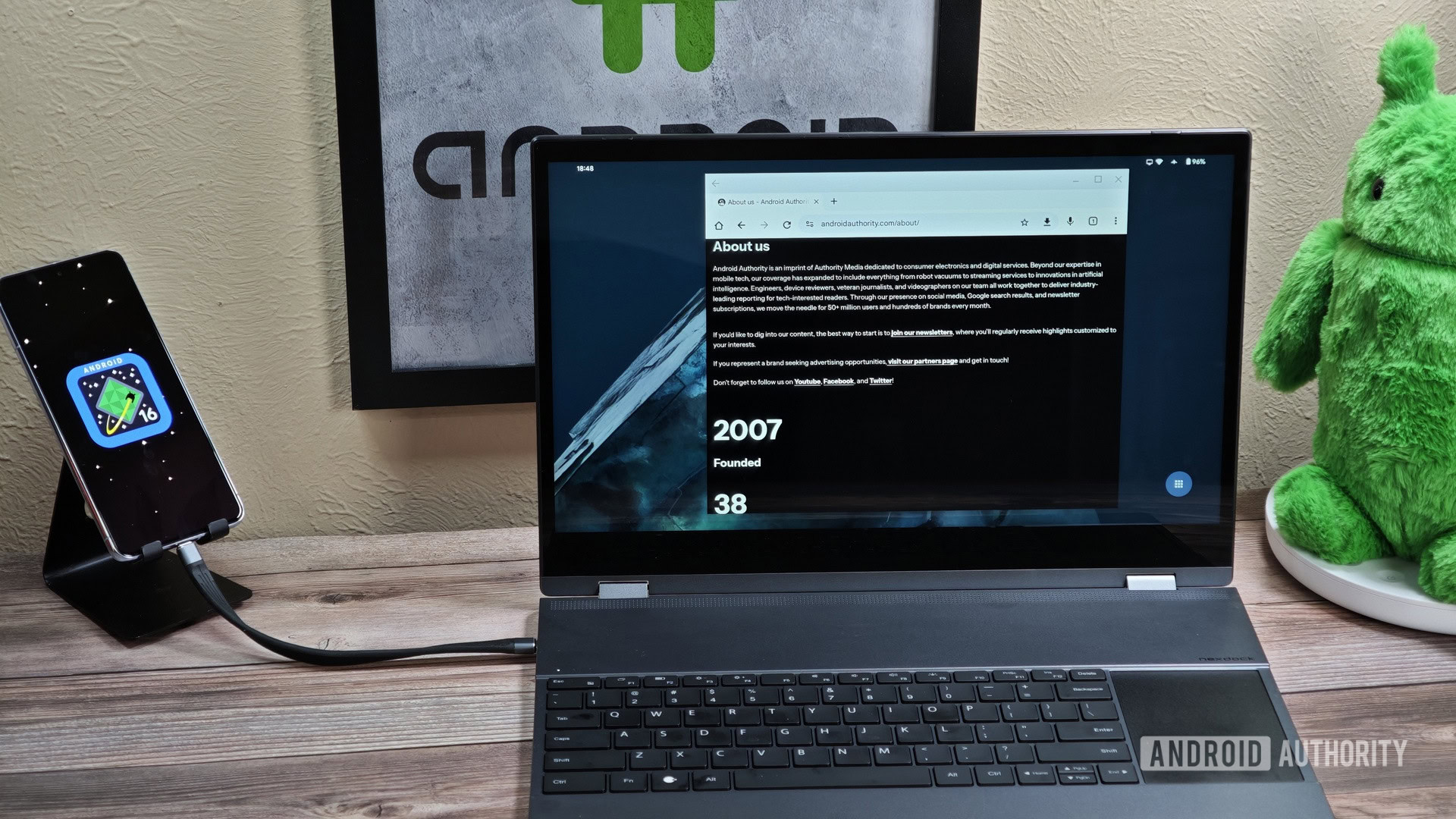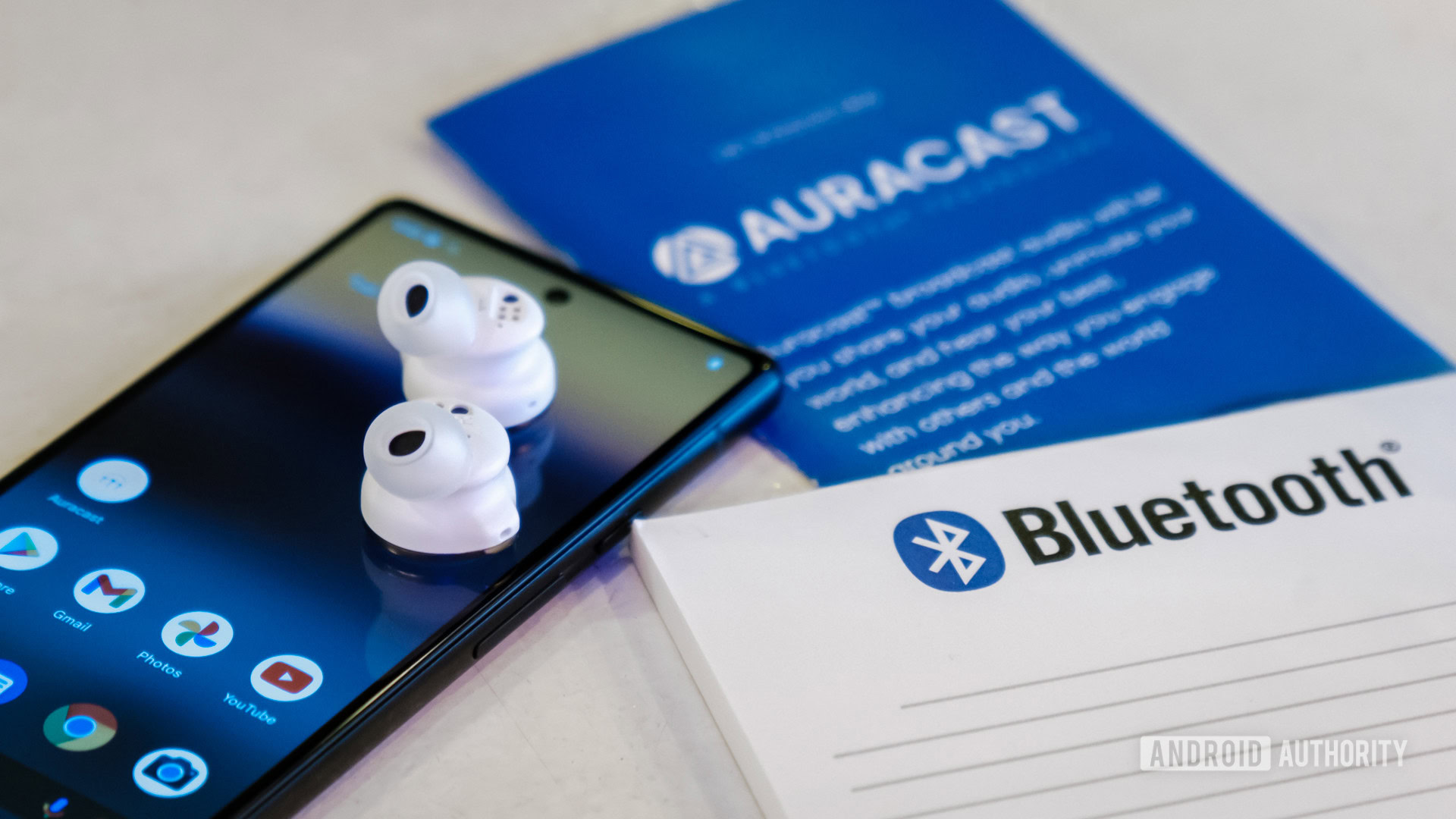3D Systems and Daimler Truck and Buses have introduced a new way to produce spare parts using 3D printing.Their solution decentralizes production, allowing parts to be printed on-demand, closer to where they’re needed.The result promises faster repairs, less downtime, and more efficient supply chains for buses, trucks, and motor coaches.
This partnership also includes contributions from Oqton and Wibu-Systems.Oqton simplifies the 3D printing process with its 3DXpert software, while Wibu-Systems ensures Daimler Buses’ intellectual property (IP) is protected by securing and controlling access to design files.Overall, these companies have combined their expertise to develop a system that could change how the transportation industry does maintenance and spare part production.
Solving Supply Chain Problems In traditional systems, replacing a single critical part—like a pin or a cover— in commercial vehicles can cause major delays.Parts often need to be ordered from suppliers, leading to weeks of downtime for buses or trucks.This downtime means higher costs for companies and longer waits for customers.
With this new 3D printing solution, certified partners in Daimler Buses’ network can now print these parts locally.It is currently available to certified service providers through Daimler Buses’ Omniplus 3D Printing License eShop.While the exact pricing for licenses and hardware integration has not been disclosed, Daimler Buses plans to expand the system’s reach shortly, including additional 3D printing technologies for broader applications.
The partners claim that this drastically reduces waiting times, cutting delivery delays by up to 75%.Vehicles get back on the road faster, saving money and improving service for companies in the commercial vehicle industry.“We are very pleased that we are expanding the revolutionary solution with 3D Systems and realizing our vision for decentralized spare parts production,” said Ralf Anderhofstadt, head of the center of competence additive manufacturing at Daimler Truck and Buses.
“The Digital Rights Management enables us to shorten service times through decentralized production in order to further maximize productivity and revenue for commercial vehicle companies.In addition, the sensible use of industrial 3D printing results in reducing the complexity in the supply chains.Through our collaboration with 3D Systems, Oqton and Wibu-Systems, we are setting another important milestone in the expansion of decentralized 3D printing production.” Mercedes Benz truck.
Image courtesy of Daimler Truck.How It Works The process begins with a digital file for a spare part, which Daimler Buses shares securely through its Omniplus 3D Printing License eShop.Certified service providers can purchase licenses for parts and print them using 3D Systems’ industrial-grade SLS 380 3D printer.
To protect Daimler’s IP, the system uses Wibu-Systems’ digital rights management tools.These tools ensure that authorized printers can only use files in the exact quantities needed.This security prevents unauthorized reproduction of designs while maintaining the integrity of Daimler’s technology.
Currently, the solution focuses on 3D Systems’ SLS 380 printer, which produces high-quality plastic parts.However, future updates could include other 3D Systems printers, even those that print with metal, making the system more versatile.SLS 380 printer.
Image courtesy of 3D Systems.This innovation goes beyond just saving time.It represents a change in how companies approach manufacturing and maintenance.
By allowing localized production, the system would reduce reliance on global supply chains.This resilience is especially critical at times when supply chain disruptions can affect entire industries.Jaime Garcia, additive solutions manager at 3D Systems, explained, “This isn’t just adopting new technology—it’s reshaping the supply chain for greater resilience and efficiency.” Streamlining the Workflow A critical part of the system is Oqton’s 3DXpert software.
This all-in-one platform simplifies the 3D printing process, from designing a part to preparing it for printing.Service providers can quickly decrypt files for the exact parts they need and begin production immediately.The collaboration also prioritizes flexibility.
Service bureaus or bus companies don’t need to overhaul their existing systems to adopt this solution.In fact, they simply integrate the 3DXpert software and certified 3D printers into their workflow.Mercedes-Benz eCitaro.
Image courtesy of Daimler Truck.The automotive industry has increasingly embraced 3D printing as a way to streamline production and lower costs.The use of additive manufacturing in this sector is expected to grow, and 3D Systems is preparing to be at the forefront.
The company provides not only the hardware and materials for printing but also the software and expertise needed to implement these solutions.More than anything, this partnership with Daimler Buses is a great example of how 3D printing is moving beyond prototypes to full-scale, functional production.This collaboration also highlights the importance of protecting intellectual property in a decentralized system.
Wibu-Systems’ digital rights management ensures that only certified partners can access and use Daimler’s designs.This kind of security is essential as industries adopt digital manufacturing methods.As the solution expands to include more types of 3D printers, the potential applications will grow.
For example, adding metal 3D printing could allow for the production of more complex or durable parts.For now, the system is focused on pins, covers, and inserts for underhood and cabin interior applications.However, as 3D printing technology advances, there’s no limit to what could be produced on demand.
Subscribe to Our Email Newsletter
Stay up-to-date on all the latest news from the 3D printing industry and receive information and offers from third party vendors.









